Ever since Bitcoin came into play as a cryptocurrency offering an alternative to traditional finance, blockchain technology has been disrupting the financial services industry through its unique capabilities and applications. The revolutionary technology is set to improve every section of the traditional finance industry, including retail banking, capital markets, and asset management.
Notably, blockchain technology has gradually advanced into the world of payments to transform the traditional transaction environment, driving efficiency and simplicity by establishing new financial processes and services infrastructure. It enables the inflow of liquid cash through smart contracts, by which people can convert fiat currencies to support foreign exchange, facilitating cross-border payments in real-time.
Blockchain and distributed ledger technologies (DLT) are promising in terms of technology to address certain issues including security, hacking and forgery, reliability, cost of adoption and use, support for a wide range of use-cases and more. This technology promises to reduce fraud, ensure quick and secure transactions and trades, and ultimately help to manage risk within the interconnected global financial system. And this is accomplished through advanced cryptography that is built to be resistant to hacking, adding trust to the transaction ecosystem.
Distributed ledger technology (DLT), or blockchain has made small transaction payments affordable, eliminating unnecessary broker intervention. Utilizing DLT, financial processes can be made seamless with smart contracts, thus increasing efficiency by streamlining access to documents related to trade, enabling faster settlement, and greater capital efficiency.
Meanwhile, there is a wide range of uses-cases provided by the blockchain, not limited to keeping track of transactions and trades. Here are some of the practical ways in which blockchain technology is already revolutionizing the financial sector.
Cross-Border Transactions
Traditional cross-border transactions remain one of the most inconvenient consumer transactions, plagued with delayed processing times, exorbitant fees, and a lack of transparency. Transfers between smaller banks in two different countries can be extremely expensive and slow due to their reliance on intermediaries and inter-bank relationships.
A recent report by Juniper Research revealed that banks will reduce the costs of cross-border payments by $10bn (£7.35bn) in 2030, and also improve payment transparency and traceability by using blockchain technology. More so, blockchain adoption is expected to increase over the next decade, with two billion cross-border transactions to be facilitated by blockchain in 2030, as blockchain networks continue to build.
Well, blockchain-based payment systems appear to be a promising way to achieve seamless cross-border payment. Blockchain is not built on a centralized structure and can be used to transfer assets in a completely peer-to-peer method. For cross-border transactions, blockchain technology uses encrypted distributed ledgers that provide trusted real-time verification of transactions while eliminating intermediaries such as correspondent banks. It also allows for verification without having to rely on third parties.
Already some financial institutions are using cross-border technology like XRP, to settle transactions between firms in real-time, lowering costs, improving speed by an order of magnitude, and eliminating the need for intermediaries.
DApps
The number of new applications being developed for blockchain in recent years has been remarkable, and it’s sweeping the world, taking on anything that needs to be accessible, user-controlled, privacy-enhanced, secure, and auditable.
The Decentralized Applications (DApps) market size was valued at $10.52B and is expected to hit $368.25B by 2027 at a CAGR of 56.1%. Interestingly, there are currently over 4000 decentralized applications.
Through decentralized finance applications, anyone with an internet connection can participate in a new generation of financial services. They serve as an alternative to traditional financial services and are growing tremendously due to the trustless, transparent, and immutable characteristics of blockchain.
Blockchain technology has the potential to boost financial inclusion through decentralized applications. For instance, Holonus is an innovative platform solution that implements the new P2P ecosystem designed on blockchain and distributed cryptographic technology. The blockchain-based platform offers an innovative environment and unique technical design, where people and companies can maximize the benefits of technology and IT services for the development of their applications, firms, and businesses. It seeks to simplify the creation of online businesses and provide an accessible environment for developers, business owners – DApps, and their end-users.
Leveraging Holonus, people and firms can freely utilize the blockchain and perform economic activities both within their own country and freely all over the world. It supports a very wide range of assets, like all cryptocurrencies – tokens, coins, digital derivatives – stocks, futures, bonds, options, depository receipts.
Banking products like loans, insurance, loans, mortgages, and leasing products can be issued as digital assets and have circulation based on the Holonus platform. Moreover, initial users are five credit unions, with banks and insurance companies to be introduced into the Holonus ecosystem in the future. In fact, a digital life ending note website was ordered a year and a half ago by an association affiliated with a major credit union to support the elderly; this will be operational from the beginning of April. Likewise, it’s attracting attention from various companies as an embedded blockchain that can be installed in vending machines, surveillance cameras, etc. This development will dramatically expand the scope of use of blockchain, including its application to the IoT.
Compared to traditional software that runs on centralized servers, dApps operate on a decentralized network of censorship-resistant nodes that cannot be shut down easily. Due to the transparent characteristic of blockchain, most decentralized apps feature open-source software, which users can examine and audit themselves.
Moreover, with decentralized applications, people will be able to connect with several insurance providers offering global insurance products like crypto-related protection, health, life, and more, with ease.
Improved payment methods
Financial institutions around the world are exploring the possibilities of shifting parts of their payments systems onto blockchain technology or even utilizing it to launch digital currencies.
Blockchain technology is the perfect technology suitable for digital payment systems. Blockchain in the payment sector can provide different use cases like digital identity verification, security, reduced processing fees, faster cross-border payments along with a distributed ledger that can offer trust among the participants.
It is no news that fees and other maintenance-related charges have allowed a large percentage of the population to gradually lose interest in banks and any form of digital payments.
A report by the World Bank revealed that about one-third of adults – 1.7 billion – remain unbanked, without an account at a financial institution or through a mobile money provider.
By connecting world payments services through the technology of blockchain, the convenience of payments can be improved, thereby creating opportunities for people to engage with blockchain technology.
As the global financial system becomes more connected, top financial institutions, from investment banks to stock exchanges to central banks, are all beginning to work on their own blockchain-based solutions in order to gain a significant advantage over the competition. More so, new blockchain-powered projects are now emerging to address growing demands.
Final words
Beyond financial services, blockchain is being adopted in sectors like healthcare, government, manufacturing, finance, logistics and retail. Ultimately, blockchain technology will reshape the financial services industry with its numerous use cases.

You can get bonuses upto $100 FREE BONUS when you:
💰 Install these recommended apps:
💲 SocialGood - 100% Crypto Back on Everyday Shopping
💲 xPortal - The DeFi For The Next Billion
💲 CryptoTab Browser - Lightweight, fast, and ready to mine!
💰 Register on these recommended exchanges:
🟡 Binance🟡 Bitfinex🟡 Bitmart🟡 Bittrex🟡 Bitget
🟡 CoinEx🟡 Crypto.com🟡 Gate.io🟡 Huobi🟡 Kucoin.







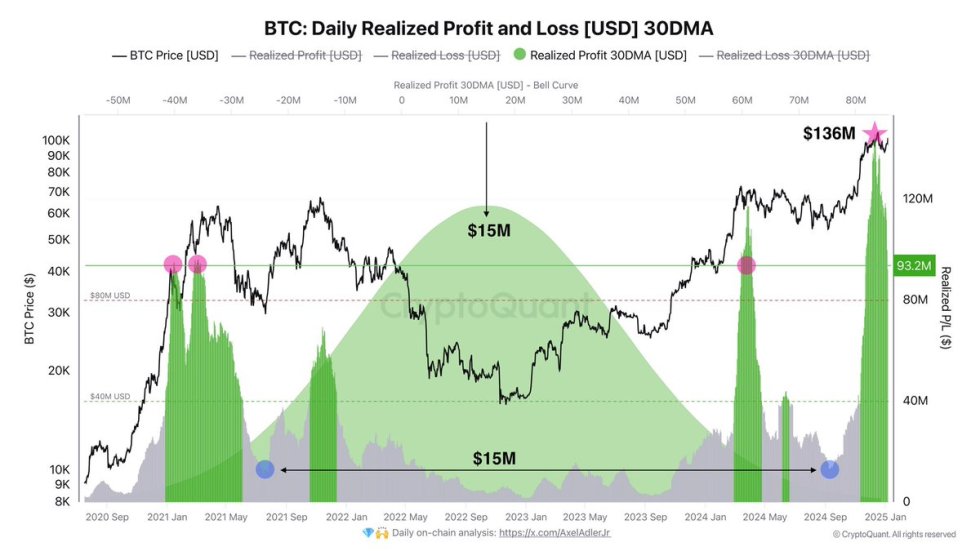
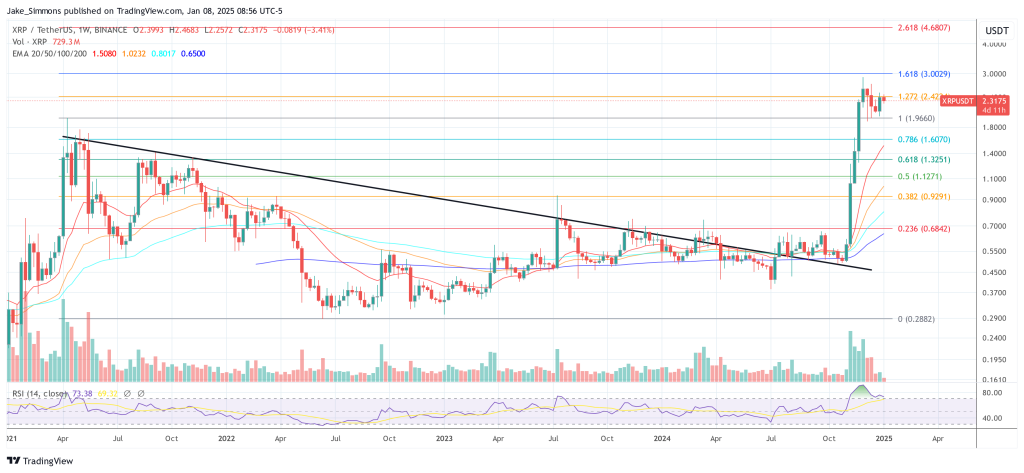
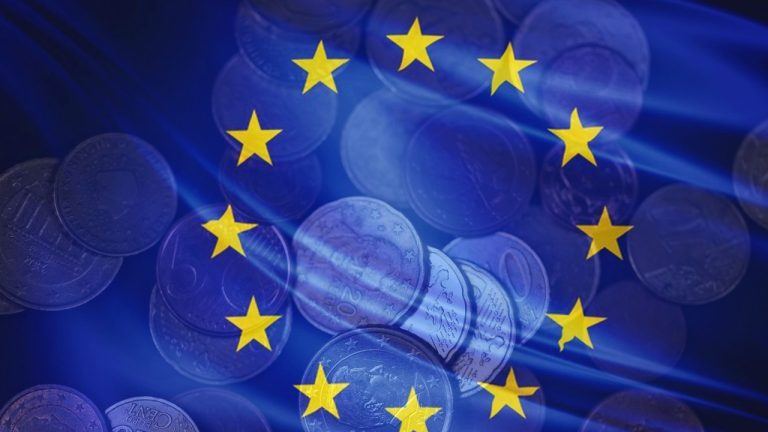

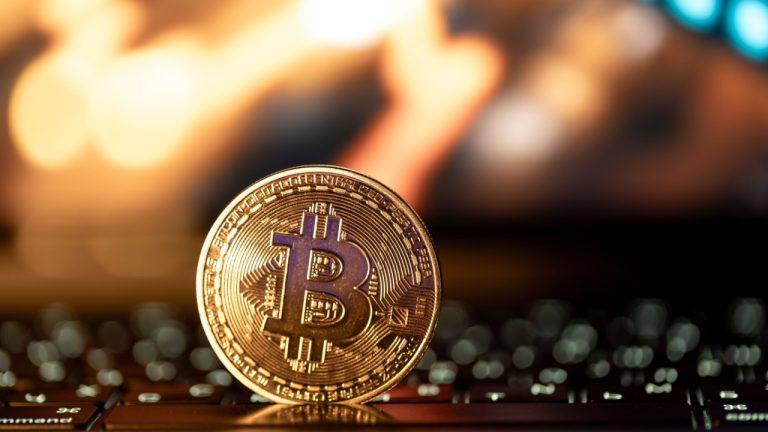
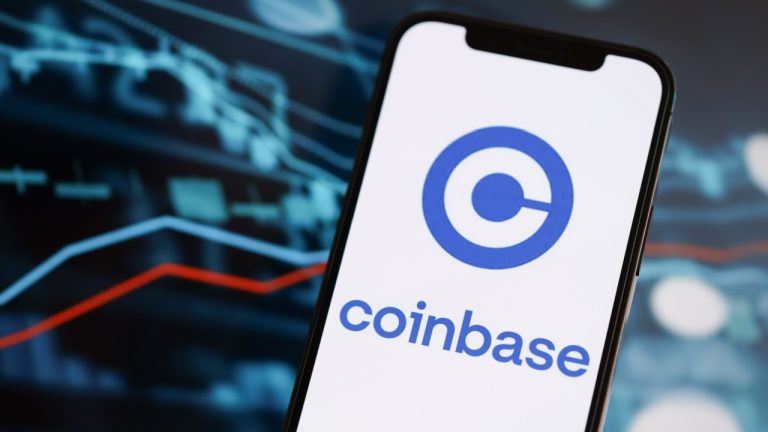
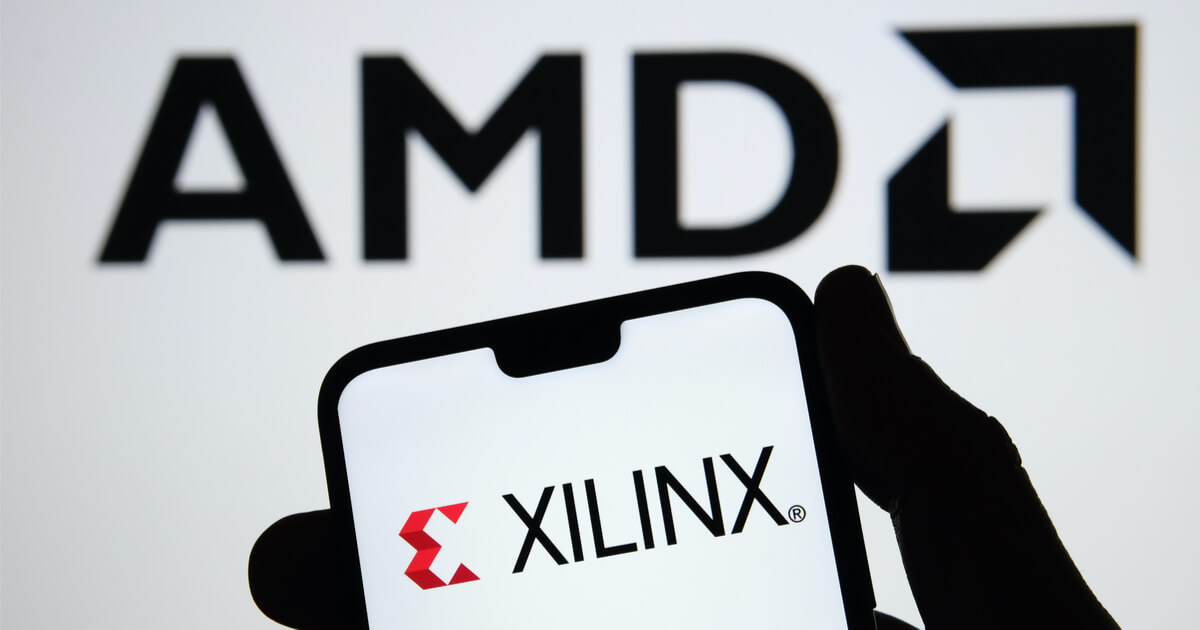

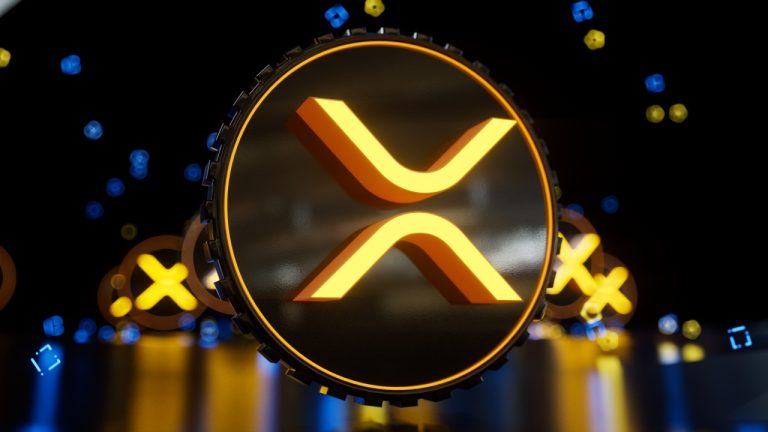



Comments